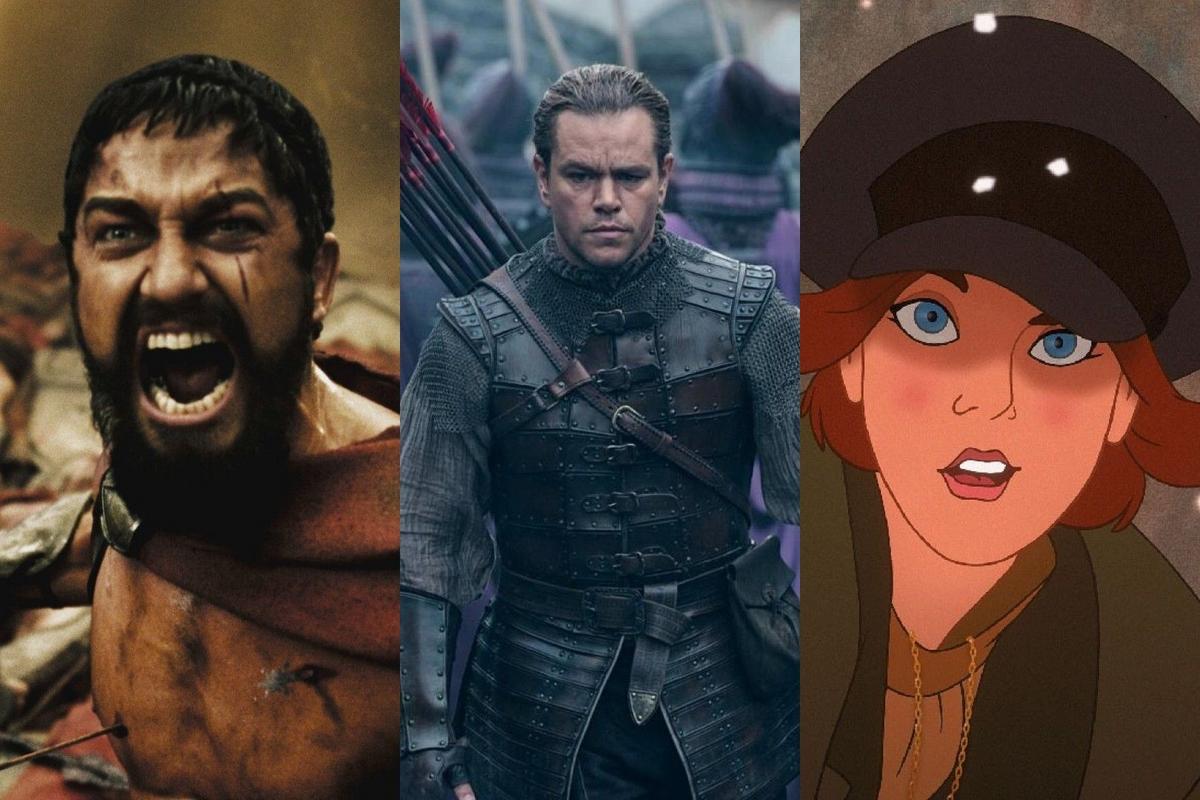“When we finished the film, there were 2,000 banned books, and now there are 6,000,” says Trish Adlesic, one of three directors of the Oscar-nominated short The ABCs of Book Banning.
The documentary, which is the directorial debut of veteran doc executive Sheila Nevins and is also directed by Nazenet Habtezghi, looks at America’s book-banning endeavors through the eyes of school-age children. The short is bookended by someone on the other end of the generational spectrum: Grace Linn, the 101-year-old free speech advocate whose visit to a Florida school board meeting went viral after she showed a quilt she had made displaying the titles of banned books and compared banning to the Nazis’ burning of books. “Both are done for the same reason,” Linn said. “Fear of knowledge.” Adlesic talks to THR about making the short and her hope to screen it for a book-banning organization.
When did you and the other filmmakers start to consider making a doc about book bans in America?
We were paying attention to the Don’t Say Gay bill [the Florida law barring teachers from classroom instruction about sexual orientation or gender identity] and [Florida Gov. Ron] DeSantis. The books were starting to be banned in the past few years, and we were watching that happen. Sheila gets up very early every morning and goes on TikTok. One day, she saw Grace on TikTok and she was completely blown away by her. When we saw Grace, it gave us a vehicle to bring [the documentary] to life. She called me and said, “You think you could find her and see if she’d be interested in being part of a film?” I flew down the next day and I was able to get her phone number. She is so spry, she still drives at 100. (Editor’s note: Linn turned 101 in October.) We talked about the issue and what was happening on the ground in Florida. It was Sheila’s brilliance to use the voice of Grace as bookends to open and close the piece. As a 100-year-old woman, she’s seen history. She’s been in America for her whole life, and she’s seen the maturations of political movements. She knows what book banning can do, and she also really believes that all rights matter.
What was behind the decision to include the kids in the doc?
[Grace] brought a lot of people to meet us, and there was a team of activists involved. They said, “If you want to talk to my kids, that would be great.” Then Sheila had a brilliant idea — we should tell it from the perspective of the kids because they’re the ones most impacted. It’s so refreshing and encouraging to hear the kids. They are so incredibly insightful and aware. Even if the books were being banned, they still knew that there are differences in the world. They realized what’s behind the banning and that they’re targeting specific people, like LGBTQ, Black and Jewish history, women’s rights and sexual education. I was like, “Did I know all this when I was 10?”
What did you learn about book banning over the course of making this doc?
I don’t think any of us realized the magnitude of book banning, how prevalent it was and who was doing it and why. In Tennessee, it’s a felony for librarians and teachers to have a banned book in a classroom, but it’s also a felony for a bookseller to have that book to sell it. That’s one of the most extreme states. But in many states, it’s a felony for librarians. In mid-December in Great Barrington, Massachusetts, a police officer went into a school, looking for Gender Queer, which Maia Kobabe wrote, about her personal experience. That teacher [who was using the book in her curriculum] has taken a leave of absence, and I don’t know if she’s coming back. We’ve heard from a lot of librarians that they’re spending most of their time trying to keep track of the banned books so they’re not in their libraries. They’re really concerned they’re going to be charged with a felony.
How did you choose the books featured in the film?
We really thought carefully about wanting to represent communities that are being targeted. We wanted a cross section of our society and who’s most impacted by the bans, outside of the children. LGBTQ+ books were being banned because of the Don’t Say Gay bill. There are two different authors’ books on Rosa Parks that are banned. Why would you ban Rosa Parks? How is that a harm to children? Martin Luther King books and Harvey Milk stories are banned. Judy Blume books are banned. There’s And Tango Makes Three, about two male penguins keeping an egg warm. It’s been around for 20 years. Why now? Why is this a problem? One of the things that really drove me in the work on this film was I have a homosexual brother, and in the late ’80s he came out and I was there when he was struggling with his identity. It makes me so sad that we’re in 2024 and this is what’s happening.
How has it been, screening the film?
We haven’t taken it everywhere yet. It went on Paramount+ in November. But when we have friends of ours post about it, there are some very nasty comments [in response], saying that we’re pedophiles and that we don’t want what’s best for children and their sexual educations. I think there’s concern about the red states’ opinion of the film, and that holds some people back from supporting us. But we are going to have screenings in other parts of the country. We haven’t done a screening yet in a Moms for Liberty meeting [the conservative political organization behind many bans], but we hope we can and we can have that discussion.
This story first appeared in a February stand-alone issue of The Hollywood Reporter magazine. To receive the magazine, click here to subscribe.







